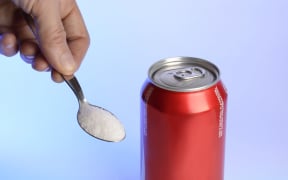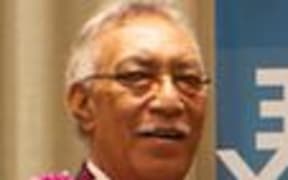Increasing health issues remain a concern in Niue despite a number of health initiatives implemented on the island over the last decade.
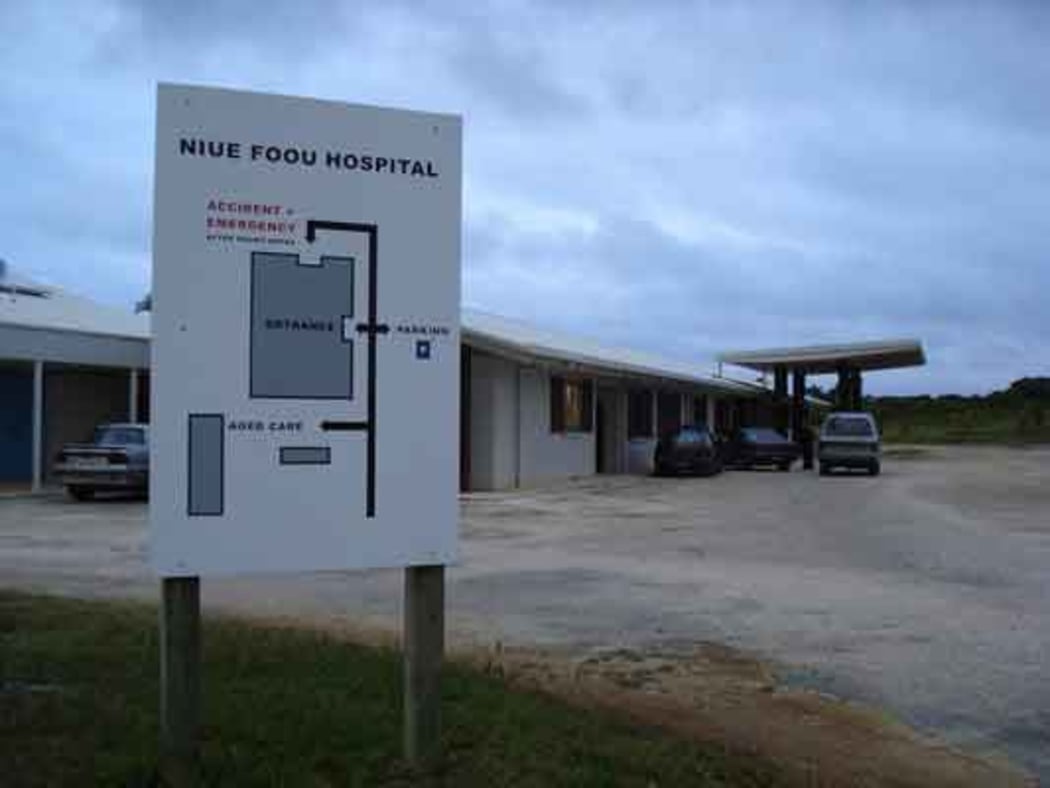
Niue Hospital in Alofi, Niue. Photo: Supplied/ Dr Penny McAllum
Since the island's last Non-Communicable Diseases survey in 2011, NCD rates have continued to rise and compliance to medication among locals has been an ongoing challenge.
The health department's principal public health officer, Grizelda Mokoia, said they're now changing the way they reach out to village communities in an effort to see better results.
"We have a lot of people who have diabetes, high blood pressure, the gout rate has gone up as well," Ms Mokoia said.
"There's still a gradual increase in the numbers of people who have non-communicable diseases hence the reason why we needed to change our approach and the way we carry out our programs."
She added that a lack of awareness around the importance of medication has added to the problem.
"People don't take their medications unless they have to. But they do come for their check up. It's just that they take tablets home, but whether or not they take them is another question," she said.
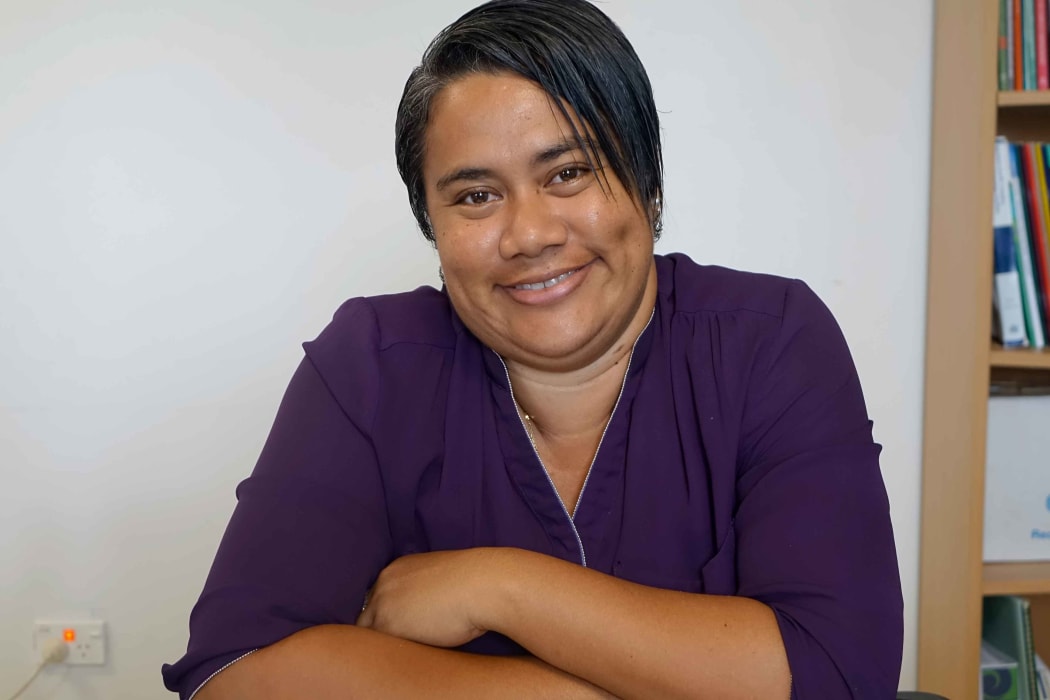
Grizelda Mokoia, Principal Public Health officer of Niue Health Department. Photo: RNZ/ Indira Stewart
"We still need to do a lot more awareness on the importance of taking their medications on time and making sure that they eat first before they take their medications."
Thirteen health programs targeting NCD risk factors such as smoking, alcohol abuse, poor nutrition and inadequate physical activity were initiated in 2009. But of those 13 programs, the department has only been able to sustain five of them.
Both Ms Mokoia and Niue's Director of Public Health, Clive Naepi, pointed to a shortage of health workers as being a big part of the problem.
"If we compare ourselves to other nations, we're all suffering the same. We all have limited resources and we're trying to stretch our resources to fit the needs of the people," said Mr Naepi.
"So I think we need to look at it another way and say, well if we're trying to improve community health, we need communities to step up and do things for their health."
Ms Mokoia hoped a new initiative involving training up health workers in each village would bridge the gap between locals and the health department.
She said each health worker would be nominated by villages themselves and the initiative will be launched at the end of June.
"So the idea is for these village health workers to go back to the communities and they run the health programs themselves. So that's screening for non-communicable diseases, being able to do the referrals from out in the community setting back to the health department," she said.
"So we'll be able to work alongside them to facilitate or help where they need."
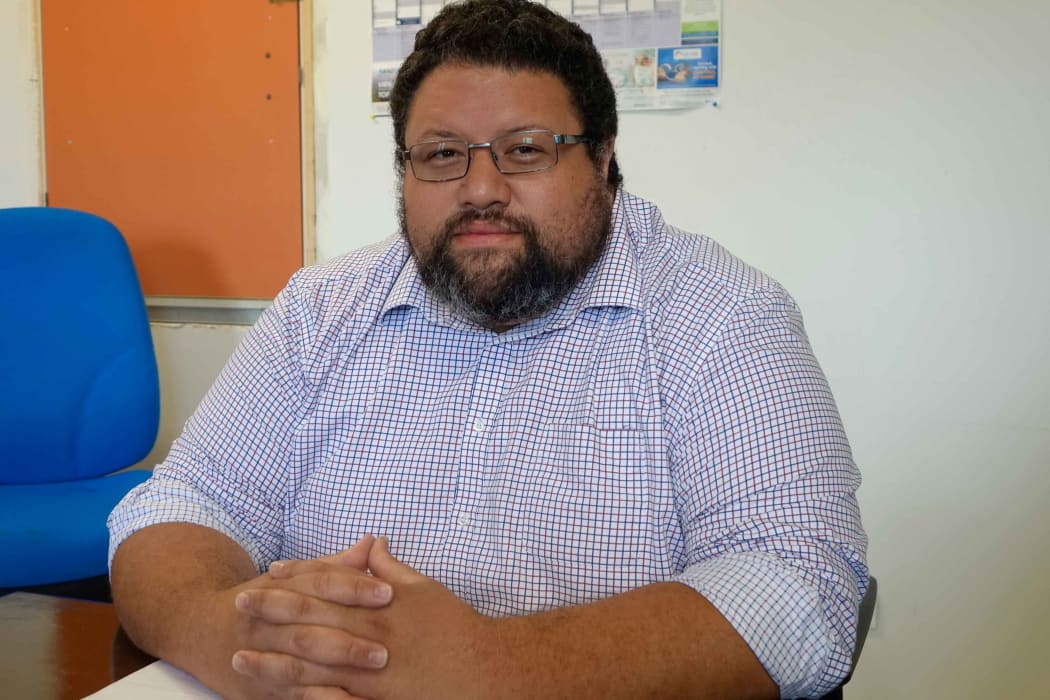
Clive Naepi, Director of Public Health in Niue Photo: RNZ/ Indira Stewart
"We've got all these great programs but we just don't have the sustainability," Mr Naepi explained.
"So that's what we're trying to do, is get the initiative going from health but in the long term, try and make it more sustainable with the communities seeing benefits for the community and for the villages out there."
A recent Walk For Life event hosted by the health department and Taoga Niue, the government's cultural arm, saw nearly 10 percent of the island's population show up to participate.
Mr Naepi said that was double the participation rate last year and he is hopeful that it's a sign more people are taking ownership of their health.
The next non-communicable diseases survey to be done on the island will take place next year.
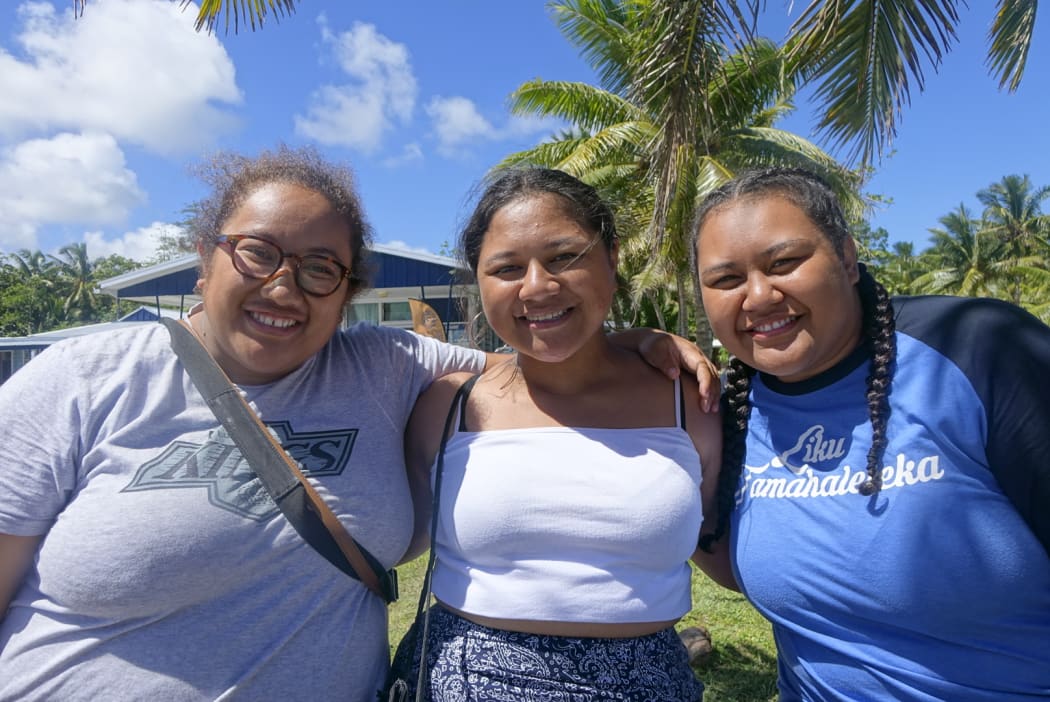
Local youths who participated in the Niue Walk for life. (From Left) Kirsten Feilo-Makapa, Sialofa Feilo-Hasina and Siale Kuki-Lagatule. Photo: RNZI/Indira Stewart


